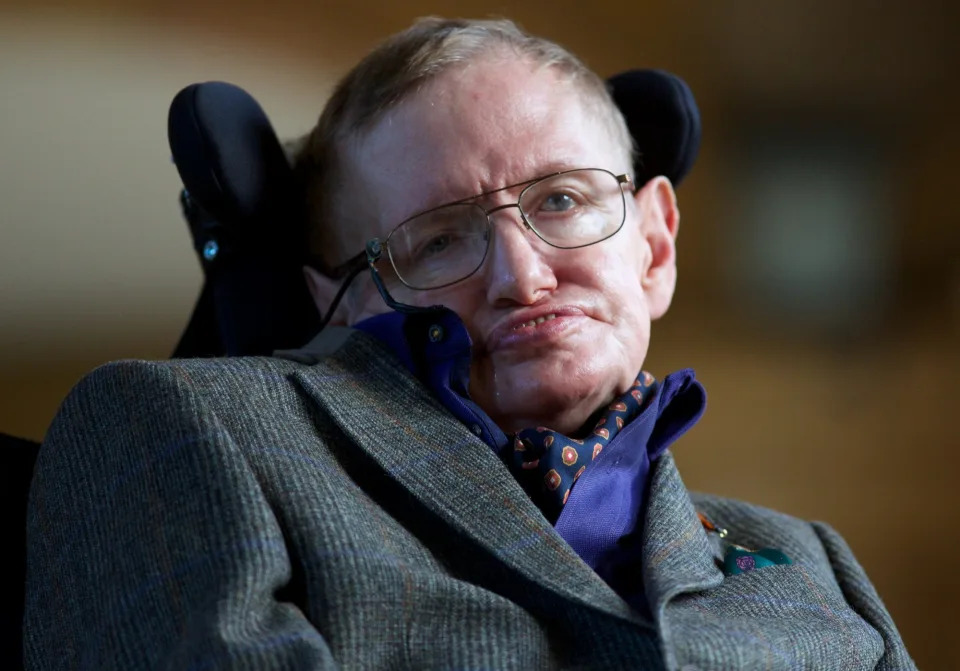Jenny McGrath
Wed, December 20, 2023
Neural implants can help patients perform tasks they couldn't do otherwise, but battery life is an issue.
The batteries on wireless devices drain quickly and need to be replaced via surgery every few years.
For a high school science fair project, Anush Mutyala invented an algorithm to improve battery life.
Canadian high school student Anush Mutyala wants to create a neural implant that never needs to be replaced.
His project, which could significantly improve the lifespan of batteries in neural implants, won a bronze excellence award at the Canada-Wide Science Fair in May.
Mutyala told Business Insider that he was partly inspired for this project by Elon Musk's Neuralink, saying energy efficiency is the area where he thinks Neuralink is falling behind and could use improvement.
Neuralink is developing a device that Musk has compared to a "FitBit in your skull." It uses a lithium battery that will last about 11 hours before it needs recharging, according to Bloomberg.
Mutyala said his algorithm makes batteries far more efficient.
"If I did end up fully fledgling this out on an implant, you would be able to see a drastic difference in power consumption just based on what I've been able to already show with the science fair project," he said.
An implant that never needs its batteries changed
Doctors have used neurotechnology to help a stroke patient speak again and a man with ALS perform a host of tasks, like turning on the lights, through his computer.
The issue is that, with some wireless implants, the batteries don't last forever.
"Traditionally these implants need to be replaced every couple of years with brain surgery," Mutyala told Business Insider. Other estimates say it's more like three to five years.
For his project, Mutyala used a headset to non-invasively capture brain waves of people thinking of moving their hands or feet.
With that data, he created an algorithm that could be used to improve the lifespan of batteries in neural implants by helping to address implants' biggest power drain.
"Most of it comes from how data is being taken from the brain and then read, understood, decoded, and translated into something of use," he said.
A battery that could last 70 times longer
By limiting power use to when there were specific triggers, Mutyala said batteries could last almost 70 times longer.
"You would essentially never need to replace the implants" to put in a new battery, he said.
Though he didn't have the hardware to test the hypothesis, Mutyala believes his algorithm would also help cut down on the latency between when a person would think of moving their hand and when the hand would actually move.
Who inspired Mutyala
In addition to Musk, Mutyala also pulled inspiration from the late scientist Stephen Hawking, who had ALS and used a voice synthesizer to speak.
In his last book, Hawking wrote that he believed brain-computer interfaces are the future of communication, and Mutyala agrees.
"He required assistive technologies to communicate with his students," Mutyala said. "But this was pretty primitive in comparison to what we can do today."

Professor Stephen Hawking said brain-computer interfaces are the future.ANDREW COWIE/AFP/Getty Images
While Mutyala said he'll likely continue to pursue research in the field of neural implants, he thinks it's already making huge strides from where it was a decade ago.
The main goal is to make the process less burdensome for patients, he said.
"I think that's where we're moving towards, where it's something as simple as a pacemaker," he said.
No comments:
Post a Comment